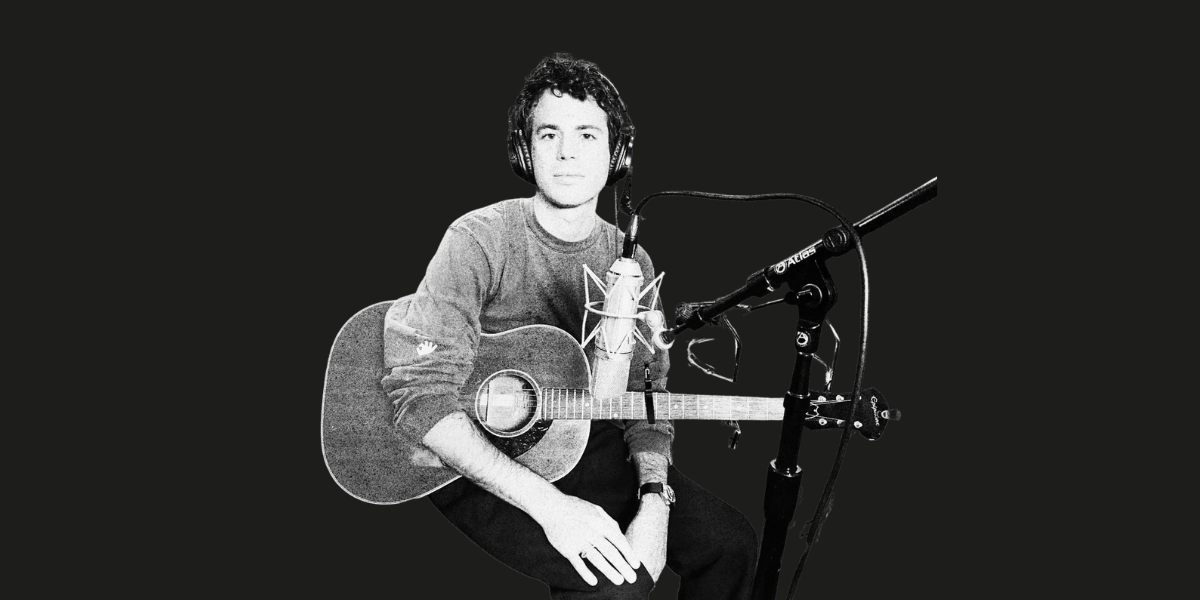Es difícil crear buena poesía. Y eso suena a quedarse muy corto.
Pero, sostenemos, en realidad es lo opuesto.
Creemos que dejar que la mente divague y registrar ese viaje es una manera fantástica de descubrir sus pensamientos más profundos y transmitir verdades poéticas universales.
Pero ¿cómo empezar?

Las indicaciones para escribir son una excelente manera de superar nuestras barreras mentales y comenzar a escribir libremente. Una vez que te encuentres en la zona, los pensamientos, sentimientos e ideas fluirán.
Pruebe algunas de estas sugerencias para escribir poesía recopiladas por el equipo de Freewrite.
- Escribe un poema desde la perspectiva de un edificio abandonado.
- Describe tu recuerdo más vívido de la infancia utilizando sólo los 5 sentidos.
- Imagina que vas caminando por la calle y ves a un desconocido que reconoces. Describe la sensación.
- Escribe un poema dirigido a tu yo futuro.
- Crea un poema compuesto únicamente de preguntas.
- Piensa en tu obra de arte visual favorita. Crea un poema que describa cómo te hace sentir.
- Escribe un soneto sobre el momento justo antes del amanecer.
- Elige un color. Escribe un poema describiéndolo a alguien que nunca lo haya visto. Repite esto con todos los colores del arcoíris.
- ¿Cuándo fue la última vez que te sentiste realmente vivo? Descríbelo.
- Elige una comida que nunca hayas probado. Escribe un poema sobre su sabor.
- Escribe un poema utilizando sólo palabras que comiencen con la misma letra.
- Captura el sonido del agua en un haiku .
- Escribe sobre el sonido de la lluvia sobre diferentes superficies.
- Elija un evento histórico y escriba sobre él desde una perspectiva imaginaria.
- Escribe sobre el método científico.
- Representa el paso del tiempo utilizando imágenes de objetos cotidianos.
- Escribe sobre los espacios entre las cosas.
- Describe un sentimiento que no tiene nombre.
- Escribe una oda a la habitación en la que estás sentado actualmente.
- Imagina la vida secreta de las plantas. Escribe sobre ella.
- Escribe una conversación que desearías haber tenido.
- Lleva a un lector imaginario a un viaje que te cambiará.
- Elige un animal del zoológico y escribe un poema desde su punto de vista.
- Escribe un haiku sobre el momento en que una hoja se desprende de su rama.
- Piensa en tu canción favorita. Escribe tres o cuatro estrofas nuevas para ella.
- Escribe tu visión del hogar usando sólo imágenes concretas.
- Elige un idioma que no conozcas. Escribe un poema en ese idioma sin buscar palabras.
- Reescribe tu película favorita en un poema épico .
- Componga un poema utilizando únicamente palabras de una sola sílaba.
- ¿Cómo te hace sentir el viento? Escribe sobre ello.
- Elige una fotografía antigua y escribe un poema sobre ella.
- Escribe un poema contando un cuento popular tradicional.
- Crea un poema sobre la relación entre la humanidad y la tecnología. Escribe uno positivo y uno negativo.
- Escribe un poema de amor a la primera persona que te guste, ya sea una caricatura o una persona real.
- Componga un poema que juegue con el concepto del tiempo.
- Crea un poema donde la puntuación cambie su significado.
- Escribe sobre la herencia del trauma o la alegría.
- Intenta escribir un limerick .
- Imagina que es el primer día de invierno. ¿Cómo te sientes?
- Crea un poema que personifique la luz de la luna.
- Describe una tormenta de verano.
- Elige una receta familiar y crea un poema que la incorpore.
- Sigue el recorrido de las sombras a través de un espacio a lo largo del día.
- ¿Cómo te sientes ahora mismo? Escribe un poema sobre ello, pero no uses la palabra "yo".
- Escribe un poema que no rime. Luego, reescríbelo para que rime.
- Escribe sobre la relación entre las nubes y el cielo.
- Cuente una historia desde el punto de vista de un objeto inanimado dentro de su línea de visión.
- Escribe un haiku sobre el espacio entre las gotas de lluvia.
- Componga un poema sobre la relación entre los humanos y los animales.
- Escribe un poema desde el punto de vista de una sombra.
Ahora que te has inspirado, ¡el siguiente paso es escribir con constancia! Quienes usan nuestras herramientas de escritura sin distracciones Freewrite han duplicado su número de palabras. ¿Será Freewrite la solución ideal para ti?
Obtenga más información sobre la filosofía de escritura libre "Borrador primero, edición después". que genera una producción prolífica. Y, mira el Alfa de escritura libre para un compañero de escritura en movimiento.
Encuentre más sugerencias de escritura aquí.
Y para obtener indicaciones físicas que pueda tener en su escritorio, consulte Paquete de indicaciones creativas "Las palabras son difíciles" de Freewrite.
































